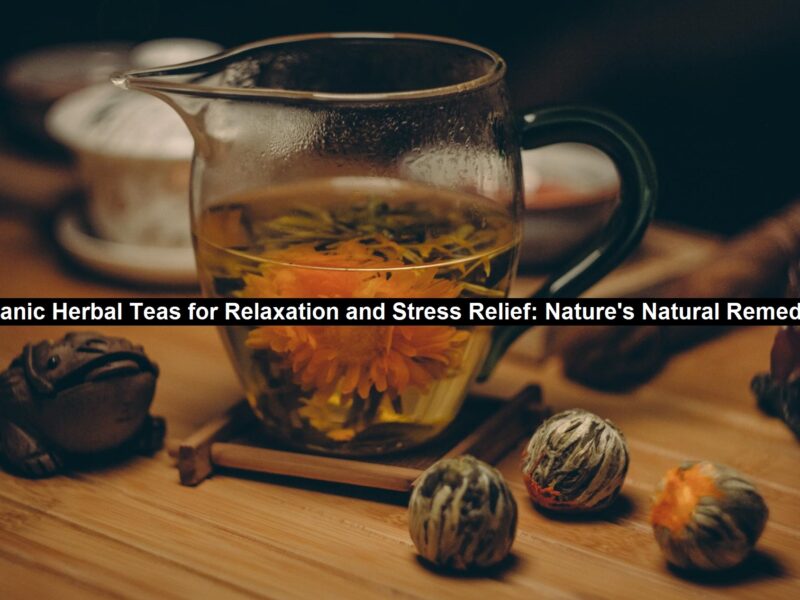Introduction
In a world that often values hustle and productivity, the significance of a good night’s sleep is frequently overlooked. However, sleep is not merely a period of rest; it is a critical component of overall well-being, influencing both health and appearance.
This article explores the science behind beauty sleep, shedding light on how adequate rest can profoundly impact physical health, mental well-being, and even one’s outward appearance.
The Basics of Beauty Sleep
The term “beauty sleep” is not just a colloquial expression; it has scientific merit. When we sleep, our bodies engage in a complex array of physiological processes essential for maintaining health.
Among these processes is the release of growth hormone, a key player in cell repair and regeneration. This includes the cells responsible for skin elasticity, collagen production, and overall skin health.
Skin Health and Appearance
Perhaps the most tangible evidence of the benefits of beauty sleep is its impact on the skin. Chronic sleep deprivation can lead to an increase in stress hormones like cortisol, contributing to skin issues such as acne, eczema, and premature aging.
On the contrary, those who consistently experience quality sleep tend to display a more radiant complexion, with fewer wrinkles and fine lines.
During the deeper stages of sleep, blood flow to the skin increases, facilitating improved oxygenation and nutrient delivery. This natural rejuvenation process aids in maintaining a healthy and youthful appearance.
Conversely, a lack of sleep can result in a tired and dull complexion, emphasizing the integral role of sufficient rest in any skincare routine.
Weight Management and Metabolism
The relationship between sleep and weight management is multifaceted. Sleep deprivation has been linked to an increase in appetite, especially for high-calorie and sugary foods.
Hormonal imbalances, such as elevated levels of ghrelin (the hunger hormone) and reduced levels of leptin (the satiety hormone), contribute to this heightened craving for unhealthy snacks.
Over time, these dietary habits can lead to weight gain and obesity, with subsequent health and appearance-related consequences.
Additionally, adequate sleep supports a healthy metabolism. During sleep, the body regulates blood sugar levels and processes carbohydrates more efficiently.
Disruptions in these processes, caused by insufficient sleep, can lead to insulin resistance and an increased risk of developing type 2 diabetes, further underlining the importance of prioritizing rest for overall health.
Cognitive Function and Mental Well-being
Beyond physical health, beauty sleep significantly influences cognitive function and mental well-being. Sleep is essential for various cognitive processes, including memory consolidation, problem-solving, and creativity.
A well-rested mind is better equipped to handle challenges, make decisions, and engage in complex tasks.
Conversely, sleep deprivation can impair cognitive function, leading to difficulties in concentration, memory lapses, and reduced overall mental acuity.
Chronic sleep deficiency has also been associated with an increased risk of mental health disorders, including depression and anxiety. Therefore, prioritizing quality sleep is crucial not only for a sharp mind but also for maintaining emotional and psychological well-being. While science prioritizes sleep for overall health, a Salicylic Acid Face Wash can target acne breakouts that might occur due to hormonal fluctuations during sleep.
Read: Clean Beauty and Cosmetic Chemistry: Finding Natural Ingredients
The Role of Sleep in Immune Function
In addition to its impact on physical appearance and mental well-being, beauty sleep plays a crucial role in supporting immune function. While facials can be refreshing, the true benefits of your facial features come from the restorative power of beauty sleep. Sleep is a time when the immune system strengthens its defenses, producing cytokines and antibodies that help fight off infections and illnesses.
Chronic sleep deprivation weakens the immune system, making individuals more susceptible to common illnesses and potentially impacting long-term health.
Practical Tips for a Good Night’s Sleep
Understanding the significance of beauty sleep prompts the question of how to improve sleep quality. Here are some practical tips:
1. Establish a Consistent Sleep Schedule
Going to bed and waking up at the same time every day helps regulate the body’s internal clock, promoting a more restful sleep.
2. Create a Relaxing Bedtime Routine
Engage in calming activities before bedtime, such as reading a book, practicing relaxation techniques, or taking a warm bath. Avoid stimulating activities like watching intense movies or using electronic devices.
3. Optimize Your Sleep Environment
Ensure that your bedroom is conducive to sleep by keeping it dark, quiet, and cool. Invest in a comfortable mattress and pillows that provide proper support.
4. Limit Stimulants and Screen Time
Reduce the intake of caffeine and avoid electronic devices at least an hour before bedtime. The blue light emitted by screens can disrupt the production of the sleep hormone melatonin.
Conclusion
In conclusion, beauty sleep is not a luxury but a fundamental component of a healthy and fulfilling life. The science behind the impact of sleep on health and appearance is compelling, emphasizing the need to prioritize rest for overall well-being. Rejuvenate your body by unlocking the power of beauty sleep, a scientifically proven path to radiant skin, and a healthier you.
So, the next time you contemplate sacrificing sleep for productivity, remember that embracing a good night’s sleep is not just a self-indulgence—it is a scientifically supported investment in your health and appearance.
Whether aiming for a radiant complexion, a healthy weight, optimal cognitive function, a robust immune system, or even excelling in cognitive-intensive professions such as UI UX design courses, the benefits of sufficient sleep are far-reaching.



